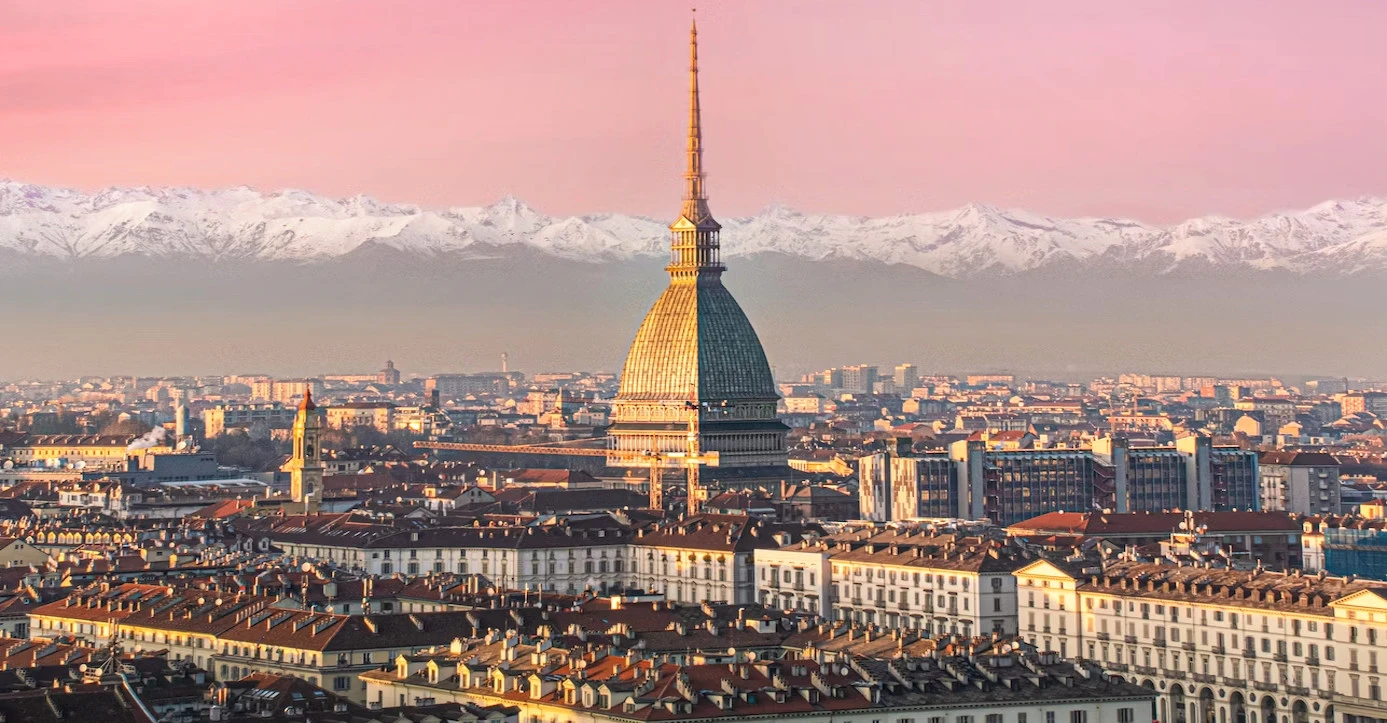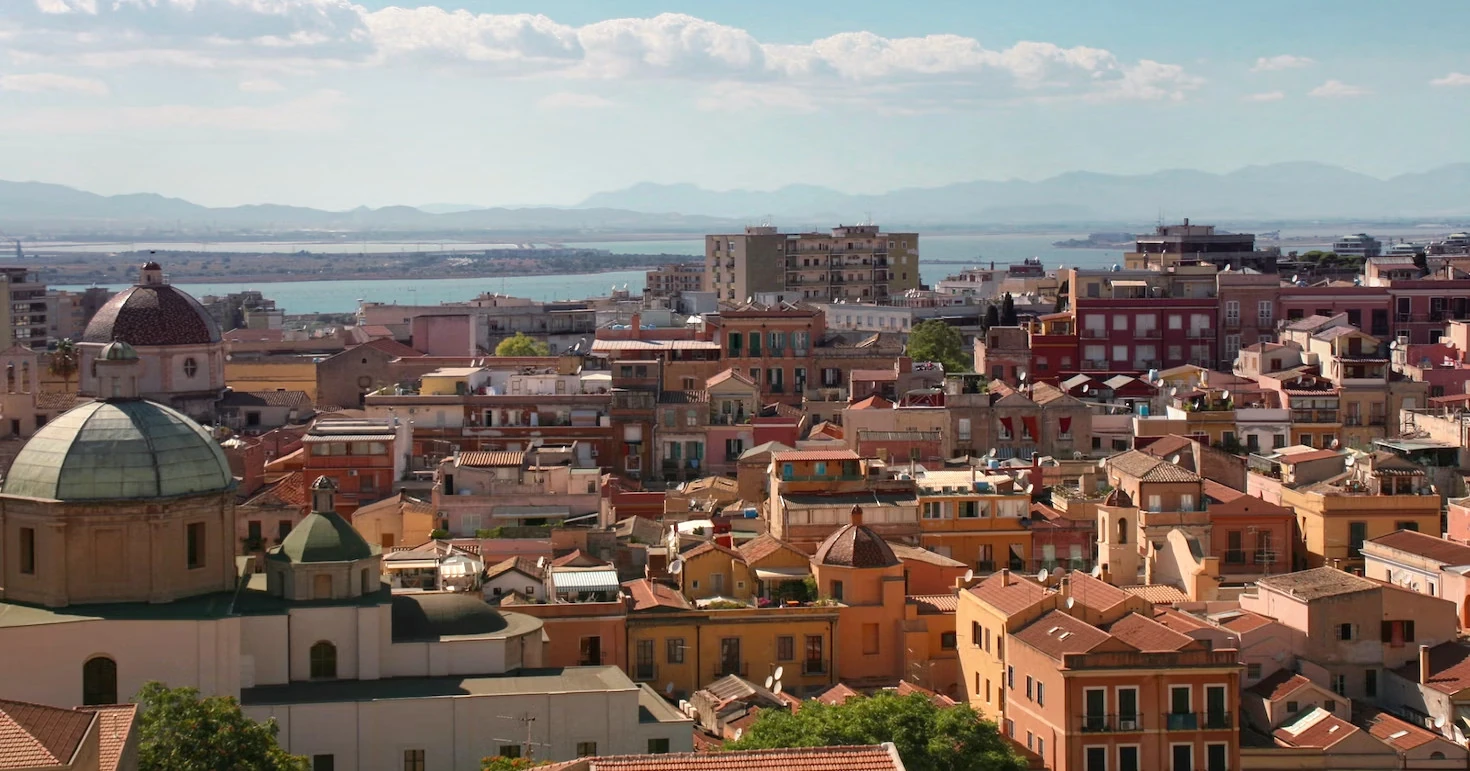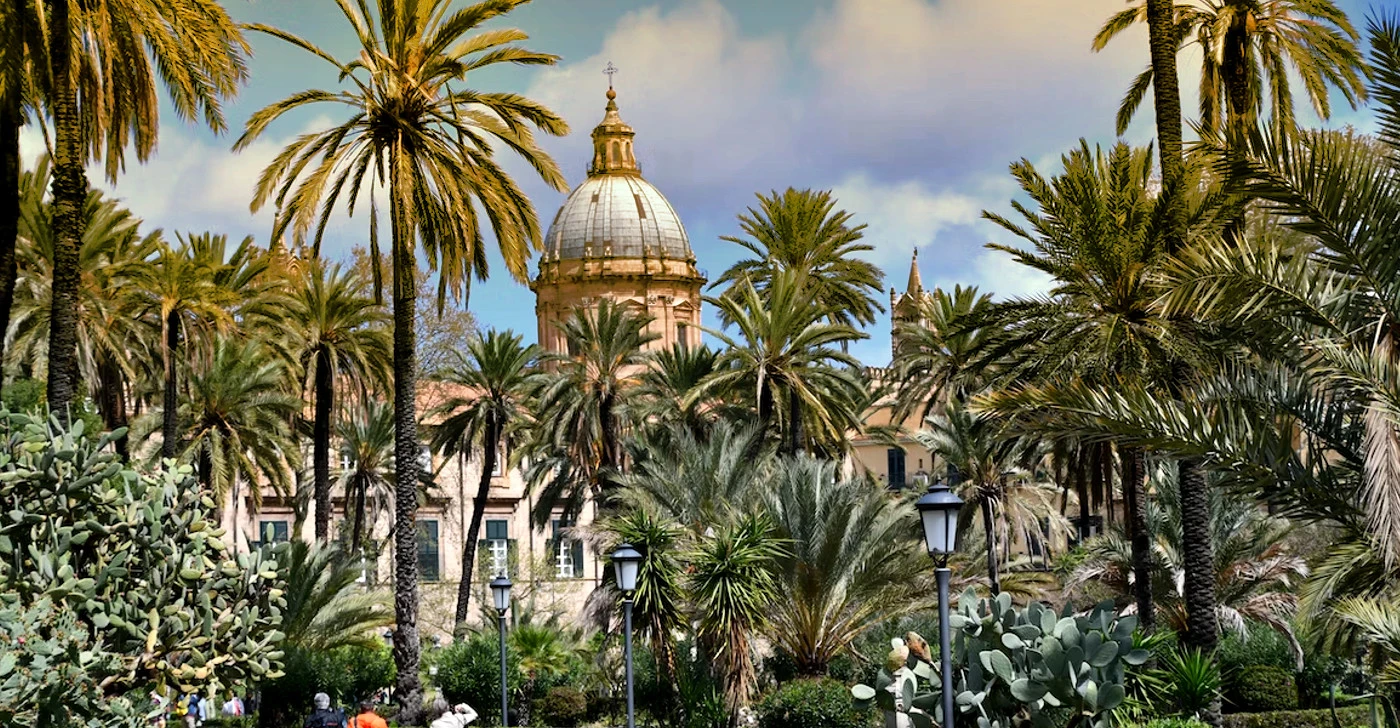Living in Pisa
Pisa is a city and comune in Tuscany, central Italy, straddling the Arno just before it empties into the Ligurian Sea. It is the capital city of the Province of Pisa. Pisa is an open-air museum, boasting a millenary history characterized by majestic squares and rich in history, amazing monuments and buildings with different styles.Living in Pisa as an expat can be both enjoyable and stimulating.
You can experience the charm and beauty of a historic and artistic city that offers a lot of culture and education, but also the convenience and dynamism of a modern and lively urban center.
Pisa is a city in Tuscany, central Italy, known worldwide for its leaning tower.
The city contains more than twenty other historic churches, several medieval palaces, and bridges across the Arno.
Much of the city's architecture was financed from its history as one of the Italian maritime republics.
The city is also home to the University of Pisa, which has a history going back to the 12th century, and the Scuola Normale Superiore di Pisa, founded by Napoleon in 1810, and its offshoot, the Sant'Anna School of Advanced Studies.
Search for:
What is Pisa like?
Pisa is a cultural and academic city, with a rich and diverse heritage.It is home to people from different backgrounds, traditions and languages, who have contributed to the city’s identity and character.
Pisa is also a cultural and academic hub, with a long and illustrious history and legacy.
It hosts many museums, galleries, churches, palaces and events, covering various fields of interest, such as art, science, literature, philosophy, religion, law and medicine.
Climate
Living in Pisa, you'll experience a Mediterranean climate that brings about a unique rhythm of life.The mild, relatively rainy winters invite cozy indoor activities and the occasional venture out into the crisp air.
The city takes on a serene beauty, with the rain adding a certain charm.
As the seasons turn, the hot, sunny summers transform the city.
The warmth encourages outdoor living - think long, leisurely meals al fresco, vibrant festivals, and strolls along the Arno River.
The sun breathes life into the city, making the streets come alive with both locals and tourists.
The average temperature of the coldest month (January) is 7.1 °C (44.8 °F), while the warmest month (August) averages 24.4 °C (75.9 °F).
The climate, in essence, offers a balance that caters to everyone's preferences, making Pisa a delightful place to live or visit.
Economy
Pisa has a diverse economy with multiple sectors. The city is known for its industrial sectors, which include marine, footwear, mechanical, chemical, and pharmaceutical industries.Tourism also plays a significant role in Pisa's economy, with offerings that include sea, mountain, eno-gastronomic, cultural tourism, and agritourism.
Other notable sectors include floriculture and the production of local products such as wine and oil.
Education
Pisa is renowned for its educational institutions. The city is home to the University of Pisa, which has a history dating back to the 12th century.The university offers a wide range of courses and degrees, catering to a diverse student population.
Pisa also participates in the OECD's Programme for International Student Assessment (PISA), which measures 15-year-olds’ ability to use their reading, mathematics, and science knowledge and skills to meet real-life challenges.
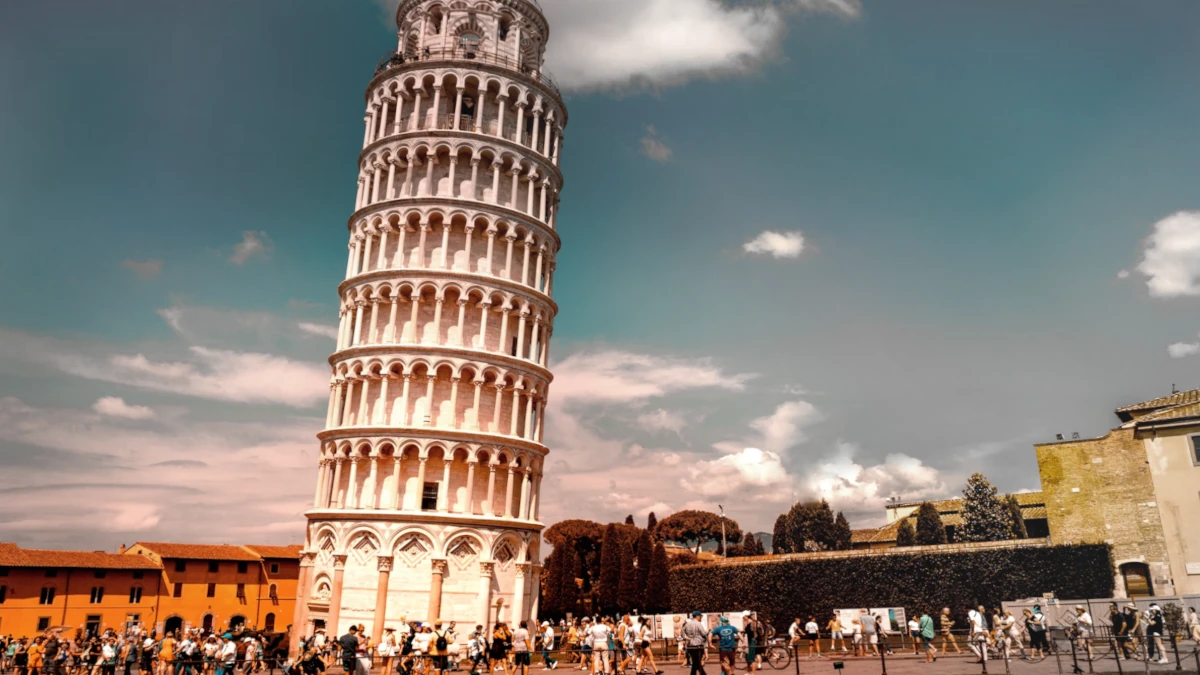
Cost of living in Pisa
The cost of living in Pisa is moderate compared to other Italian cities.A family of four estimated monthly costs are €2,997 without rent, and a single person estimated monthly costs are €1,477 without rent.
Rent in Pisa is also reasonable, especially outside the city center.
For example, a one-bedroom apartment in the city center costs about €626 per month, while a three-bedroom apartment costs about €1,000 per month.
The prices of food, transportation, utilities, and entertainment are also lower than the national average.
Is Pisa safe?
Pisa is generally considered a safe city for tourists and residents alike.The crime index in Pisa is at an average level, with the main problems related to drug trafficking and vandalism.
However, like any other city, it is always advised to use common sense and keep an eye on your belongings.
It is also recommended to be vigilant and careful, especially in certain areas and situations.
Pros and cons of life in Pisa
| Pros | Cons |
|---|---|
| Iconic Leaning Tower | Crowded with tourists |
| Rich history and culture | Limited attractions |
| University city | Noisy and busy |
| Good public transportation | Simple local cuisine |
| English widely spoken | Limited job opportunities |
| Delicious local dishes | Areas to avoid at night |
| Safe and welcoming | Possible language barriers |
Advantages of Living in Pisa
Pisa is a city known worldwide for its iconic Leaning Tower, which is one of the most recognizable landmarks in Italy.The tower is part of the cathedral complex located in Piazza dei Miracoli (Square of Miracles), a UNESCO World Heritage site that also includes the Duomo of Santa Maria Assunta, the Baptistery of St.
John, and the Camposanto Monumentale.
Aside from its famous tower, Pisa offers a rich history and culture, with many museums and historical sites to explore.
It is also a city of education, being home to the University of Pisa, one of the oldest universities in Italy.
Pisa has a good public transportation system, making it easy to explore the city and its surroundings.
Italian is the main language here, but you can also find people who speak English, especially in the university and tourist areas.
The city offers a variety of delicious local dishes, such as cecina and torta co' bischeri.
Pisa is generally safe and welcoming, making it a great destination for tourists and students alike.
Disadvantages of Living in Pisa
Like many Italian cities, Pisa can be crowded with tourists, especially during the peak travel seasons.While the Leaning Tower and the Piazza dei Miracoli are must-see attractions, some visitors feel that there is not much else to do in the city.
The city can be quite busy and noisy, especially in the areas around the university and the tourist hotspots.
Some people might find the local cuisine too simple or rustic compared to other Italian regions.
As Pisa is a small city, it might not offer as many job opportunities as larger Italian cities.
While Pisa is generally safe, like any city, it has areas that are best avoided at night.
Finally, while many locals speak English, particularly in the tourist areas, visitors might encounter language barriers in more residential areas.
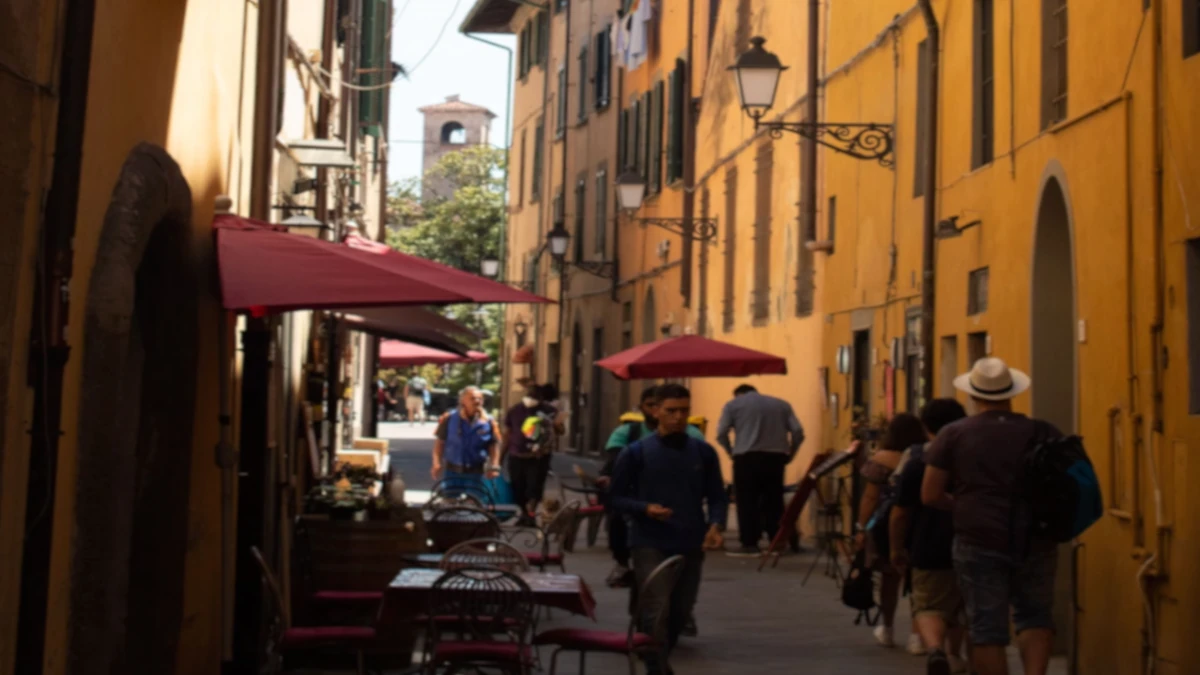
FAQs
What is Pisa like for foreigners?
Pisa is a city known worldwide for its iconic Leaning Tower, which is one of the most recognizable landmarks in Italy.It is a city with a long and fascinating history, warm weather, fantastic Italian food, and a friendly and vibrant local lifestyle.
Living in Pisa as an expat can be both enjoyable and challenging.
You can enjoy the benefits of a beautiful and peaceful city that offers a high quality of life, but you also have to deal with the drawbacks of a city that can be crowded with tourists, especially during the peak travel seasons.
However, many expats have loved their time in Pisa, especially because of the rich history and modern amenities.
What is Pisa like for students?
Pisa is an attractive destination for students who want to pursue their studies in Italy or abroad.The city is home to the University of Pisa, which has a history going back to the 12th century.
The city's rich history and culture, coupled with its vibrant student community, make it an ideal place for learning and socializing.
Pisa also offers a variety of attractions, such as historical sites, museums, and the iconic Leaning Tower, as well as a rich food and wine culture.
What is Pisa like for women?
Pisa is a city where women encounter various challenges and opportunities, depending on their personal and social circumstances.Some women in Pisa may face the effects of gender inequality, which can limit their freedom, rights, and opportunities in various domains.
Some women in Pisa enjoy the benefits of a high quality of life, with a relaxed pace, a safe and quiet environment, and a high level of public services.
The city offers a wide range of services and activities for all tastes, including a vibrant gastronomic scene.
Some women in Pisa experience a mix of challenges and opportunities, depending on their specific location, social class, family background, personal attitude, and individual choices.
What is Pisa like for LGBTQ people?
The gay scene in Pisa is small but vibrant.LGBTQ people in Pisa may find the city to be relatively welcoming and tolerant compared to other cities in italy.
They can access some events, resources, and services that cater to their needs and interests.
Is Pisa a poor city?
The economic system of the province of Pisa is characterized by a strong industrial sector (chemical, glass, and engineering industries) and a significant agricultural sector.The services sector is also well developed, with the presence of the University of Pisa and several research centers.
Pisa also has a significant tourist industry, given its rich history and iconic landmarks.
Is Pisa dirty?
Pisa is a city where cleanliness can vary from place to place within a city and can be subjective based on personal perceptions.However, the city is known for its efforts to maintain its historical sites and public spaces.
Is Pisa walkable?
Pisa is a small city, making it easy to explore on foot. The city's main attractions, including the Leaning Tower, are within walking distance of each other.The city also has a good public transportation system for longer distances.
